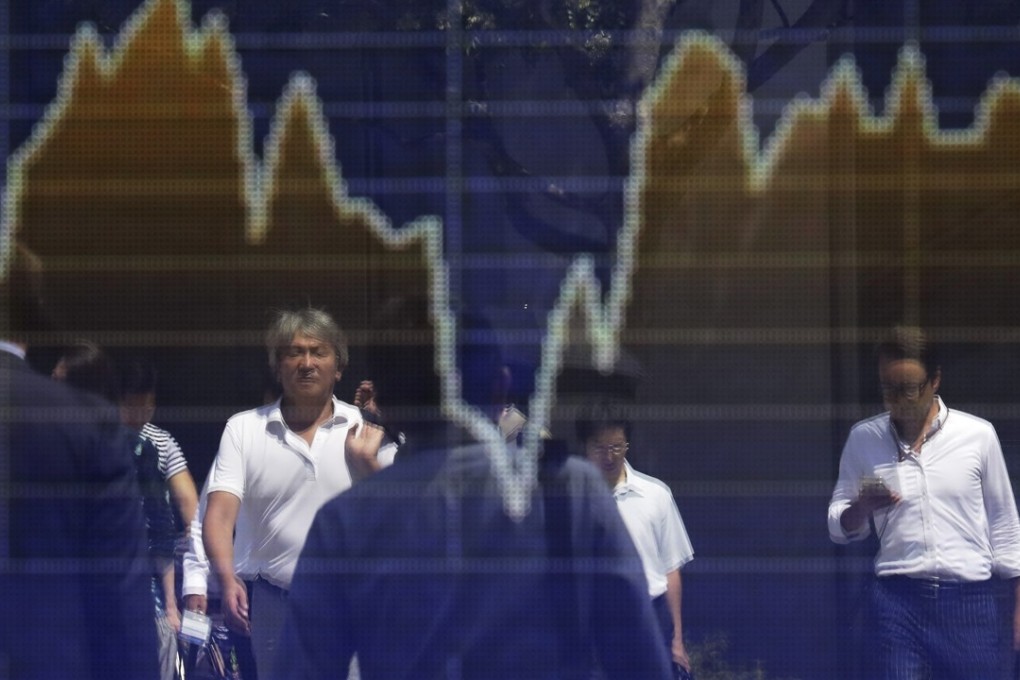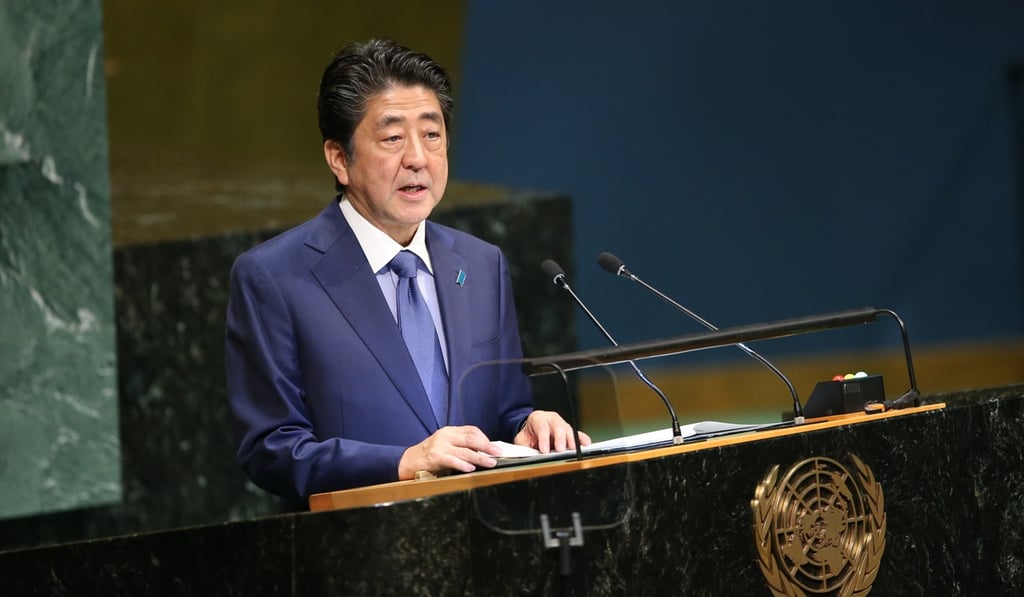Opinion | Bank of Japan’s deafening silence amid the world central bankers’ hubbub speaks volumes about Abenomics

Central bankers in Jakarta, Hong Kong and Manila had a busy week, hiking interest rates to keep pace with the US Federal Reserve. New Delhi telegraphed more tightening moves to come. But officials in Tokyo? Crickets.
There is a positive spin to put on Fed Chairman Jerome Powell hiking rates a third time in his short 237-day tenure. It’s a sign of confidence that the world’s biggest economy is vibrant enough to thrive without post-2008 emergency measures. Also, there’s an adult in the room as Donald Trump goes off the rails, fiscal policy-wise.
But that is cold comfort for central bankers Perry Warjiyo of Indonesia and Nestor Espenilla of the Philippines. Both tightened on Thursday - by 25 basis points and 50 basis points, respectively - to keep pace with the Fed. A day earlier, the Fed put its benchmark up to the 2 per cent to 2.25 per cent range.

Home sellers trim prices as Hong Kong’s decade of cheap money ends with higher interest rates
